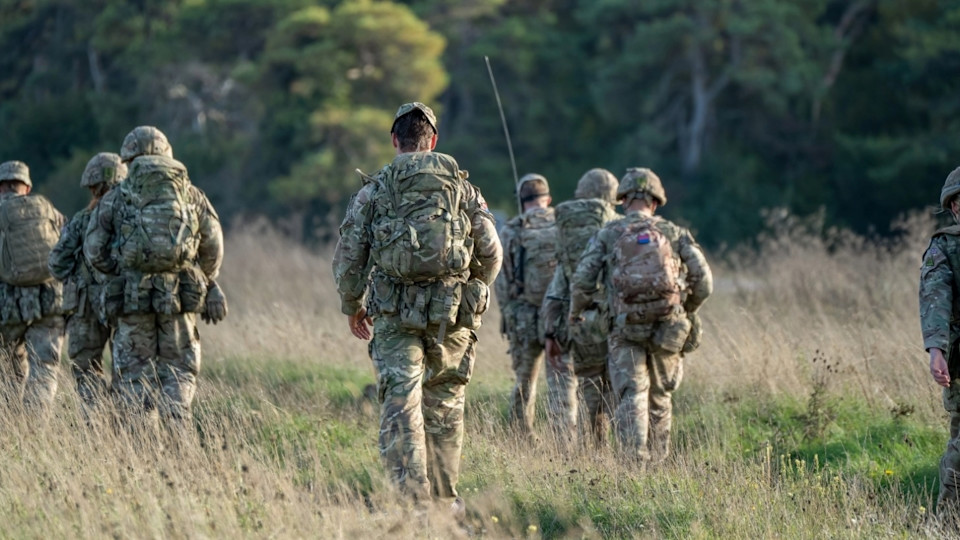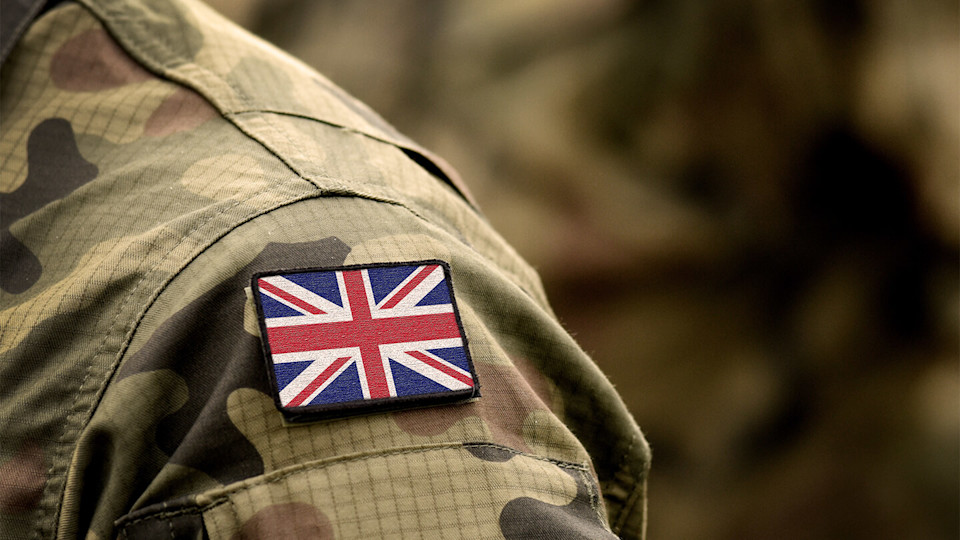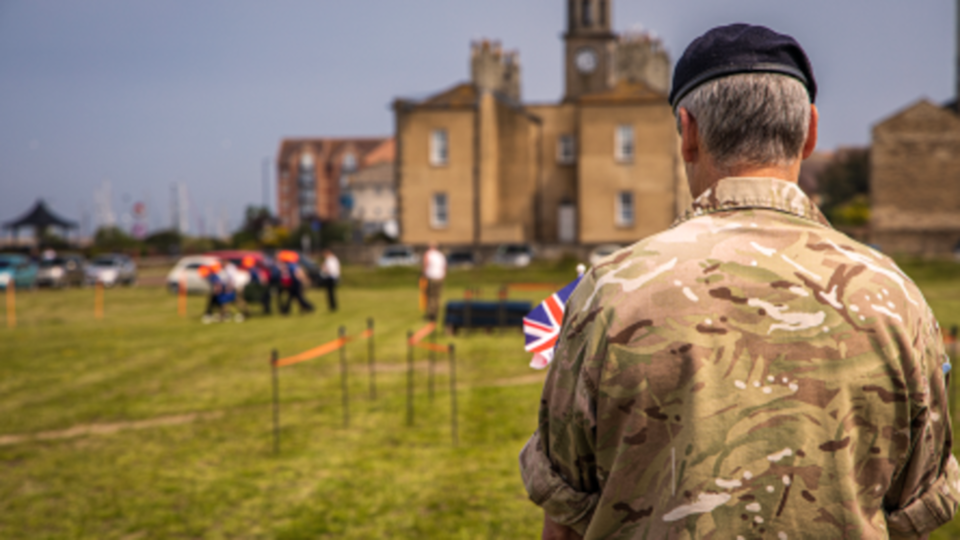
Noise induced hearing loss
How noise induced hearing loss can impact your career
Our experts explore how hearing loss caused by life in the military could impact other areas of your life.
What is Noise induced hearing loss?
Noise induced hearing loss (NIHL) is worsened hearing and potentially tinnitus caused by exposure to loud noises.
There is the potential to be exposed to excessive noise whilst employed by the Ministry of Defence in a wide range of scenarios. Noise exposure can come from:
- Weapons including rifles, light and heavy machine guns
- Flash bangs
- Aircraft noise
- Vehicle engine noise.
Noise induced hearing loss can also be a result of training exercises as experienced by our client, Dean.
Dean joined the army aged 19 and was medically discharged just two years later due to hearing loss and tinnitus. This injury was caused by the infantry training he underwent in Catterick, which included live firing exercises. Hearing protection was provided but it was not effective enough to protect from the level of noise Dean was being exposed to during this exercise. With the help of specialist military accident compensation lawyers, Dean was able to secure a six-figure settlement.
While Dean was able to secure a settlement to assist in his new way of living, he is not alone in his injury. In the UK, approximately 300,000 ex-service people are currently suffering from hearing loss.
Why does noise induced hearing loss occur at 4000 hz?
Hearing loss occurs at 4000hz because loud or long exposure to sounds of this frequency causes damage to your ear function, making your hearing less sensitive.
When a person hears a sound, the waves travel to the eardrum, which translates these waves into signals via cells in the inner ear. Exposure to some sounds can cause hearing loss by damaging cells in the inner ear which cannot grow back or repair themselves. A one-time exposure to intensely loud noise, such as a gunshot, can cause high frequency hearing loss.
What are the dangers of noise induced hearing loss?
Hearing loss impacts everyday life too, by hindering communication. This can cause social isolation and increasing misunderstandings.
It can lead to difficulties in following conversations or understanding orders when they are given to you, especially in noisy environments. This can impact working relationships and workplace performance.
Additionally, it may cause emotional distress, frustration, and a decreased sense of personal safety and independence.
Can you be discharged from the military due to noise induced hearing loss?
Yes, you can be medically discharged from the military due to hearing loss. Since 2011, hearing loss has been a primary or contributing factor in 9% of all medical discharges from the UK armed forces.
Typically, a case of noise induced hearing loss should be identified during periodic testing, and you should be given a medical downgrade. However, in some cases, rather than making changes to protect you from exposure to further dangerous levels of noise, nothing is done, and your hearing loss worsens, often leading to medical discharge a decade or more before your expected run-out date.
The UK Veterans Hearing Foundation (UKVHF) found that one-third of the veterans never had their hearing tested again after completing basic training while serving in the Armed Forces. Those who are not regularly tested are much more likely to be medically discharged due to hearing loss, as there are less chances to catch the injury early and make changes.
We are here to help
When working in the military, and when you are exposed to excessive noise, you are entitled to adequate hearing protection to protect your hearing. If you have suffered as a result of hearing loss and/or tinnitus while serving in the military, whether the Army, RAF, Navy, special forces or the reserves, you may have the right to claim compensation. Call us today on 0330 041 5869 or contact us online.



